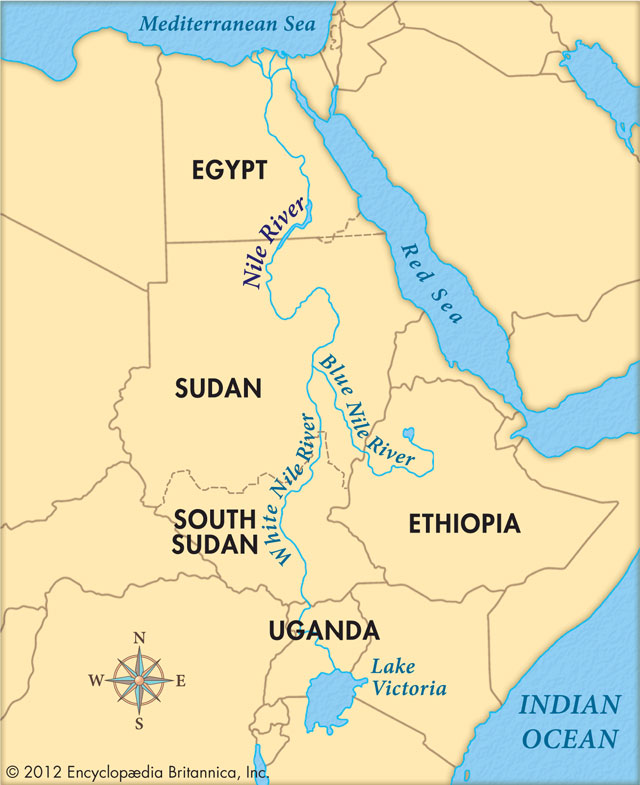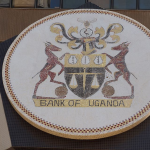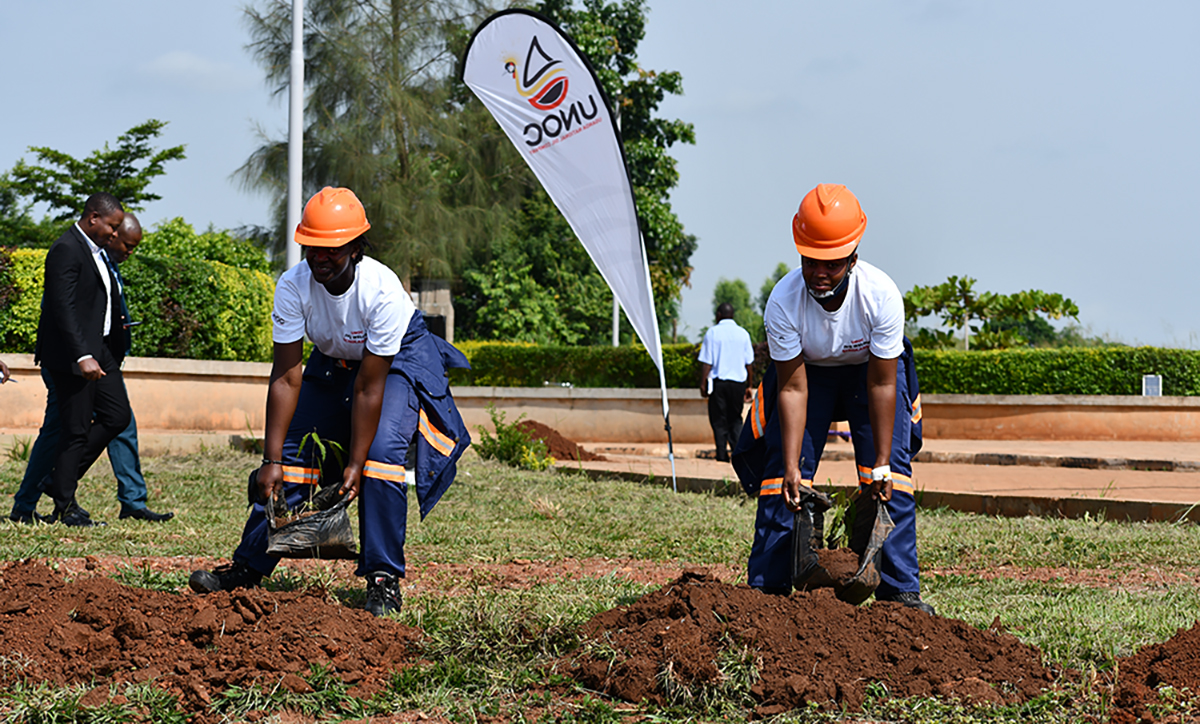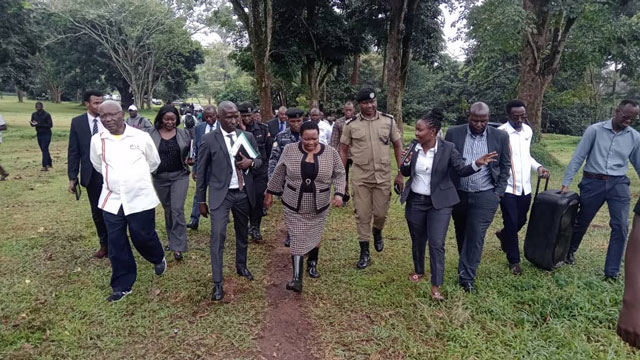Regional Nations Agree to Increased Hydropower Development along River Nile
Kampala, Uganda – The 7th Nile Basin Development Forum (NBDF) recently concluded, where it was emphasized that basin states should intensify their efforts in the development of hydropower and the promotion of regional power interconnection and trade. This strategic approach is expected to enhance regional peace and security, stimulate industrialization, create jobs, and catalyze economic growth. Furthermore, this approach aims to address environmental pressures, improve river flow, and ensure the long-term sustainability of the Nile.
These key points were among the 14 resolutions made by the Nile Basin Initiative, an organization dedicated to promoting sustainable development along the 6,650-kilometer (4,100-mile) long river. Statistics show that the Nile presently has an installed capacity of 20,000 MW, and with the Grand Ethiopian Renaissance Dam now operational, this capacity is expected to increase to 26,000 MW. Michael Kizza, the Deputy Executive Director of the Nile Basin Initiative (NBI), presented the resolutions report at the conclusion of the forum, which spanned two physical days but involved up to a month of discussions with over 1,000 participants engaged in online conversations.
The discussions at the forum focused on five sub-themes, highlighting the complex relationship between water, energy, and food security. Participants acknowledged the need for a balanced approach to ensure the prosperity and well-being of the Nile’s riparian countries. The discussions delved deeply into the Nile’s ecosystem sustainability, challenges posed by climate change, innovative financing models, and the governance of transboundary waters.
Kizza noted that the forum’s discussions were comprehensive, covering a wide range of topics that contributed to the derived resolutions. Significant among these resolutions is the removal of tariff and non-tariff barriers to regional trade in agricultural products. Another important resolution calls for the basin countries that have not yet ratified the Cooperative Framework Agreement to do so, as it offers a permanent solution to water-sharing issues in the region. Currently, only six out of the 11 NBI member states have ratified the framework.
The other resolutions emphasized the need for meaningful engagement between water and environmental experts on one side and politicians and policymakers on the other, with the goal of streamlining policies and fostering the political will necessary for peaceful and collaborative development and sustainable use of the Nile.
As the forum concluded, dignitaries stressed the importance of increased cooperation and sustainability of the Nile, recognizing it as a shared resource and a collective responsibility for every state. Uganda’s First Deputy Prime Minister and Minister of East African Community Affairs, Rebecca Alitwala Kadaga, who served as the guest of honor, praised the collective efforts of the participants who convened to discuss critical Nile-related issues.
She highlighted the historical significance of the Nile River, which has evolved from a lifeline for civilizations into a symbol of unity and collaboration in the region. “Resolutions, partnerships, and policy recommendations forged during the forum have set the stage for a promising future in which the Nile Basin thrives,” Kadaga stated. She acknowledged that challenges lie ahead but emphasized that the forum can overcome obstacles when nations and communities unite with a shared purpose and mutual respect.
Sam Cheptoris, the Minister of Water and Environment of Uganda and the chairperson of the Nile Council of Ministers, stressed the integral connection between sustainability, cooperation, and development. He called upon all stakeholders to treat the Nile with reverence, recognizing it as both a legacy and a vital resource. Cheptoris lauded the collective will and determination displayed at the forum, underlining the objective of turning challenges into opportunities for the benefit of all and preserving the integrity of the Nile Basin ecosystems.
He expressed gratitude to all participants for their commitment and engagement during the month-long forum, emphasizing the significance of the event’s theme: “Deepening Nile Cooperation: Accelerating the Achievement of SDGs in a Changing Climate.” “The theme underscored the integral connection between sustainability, cooperation, and development, particularly in the context of the United Nations Sustainable Development Goals (SDGs),” Cheptoris stressed. According to the minister, the Nile, with its historical and cultural significance, symbolizes not merely a river but life, history, and civilization. He called upon all stakeholders to treat the Nile with respect, recognizing it as a legacy and a crucial resource.




















